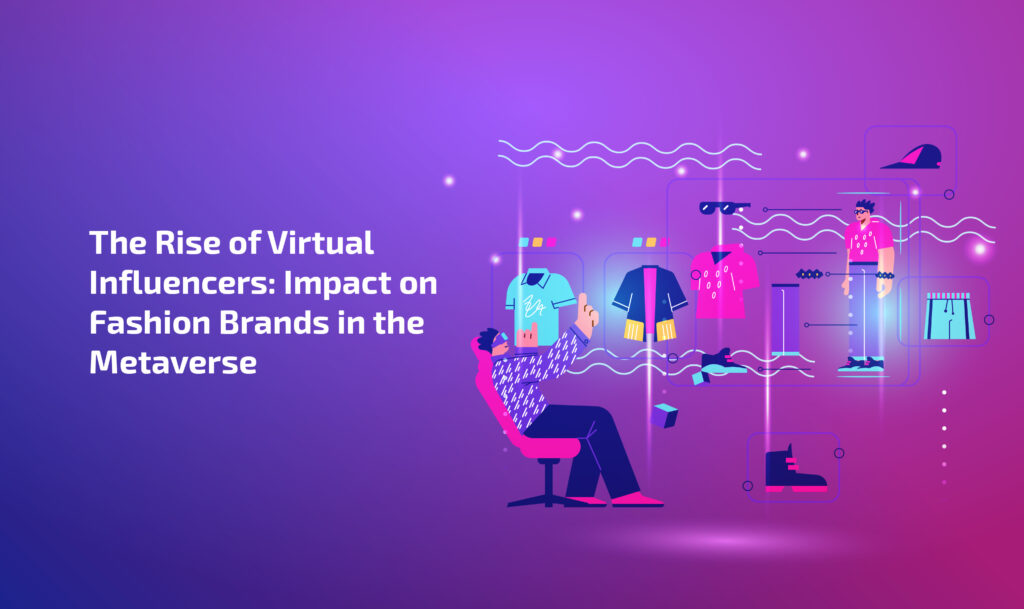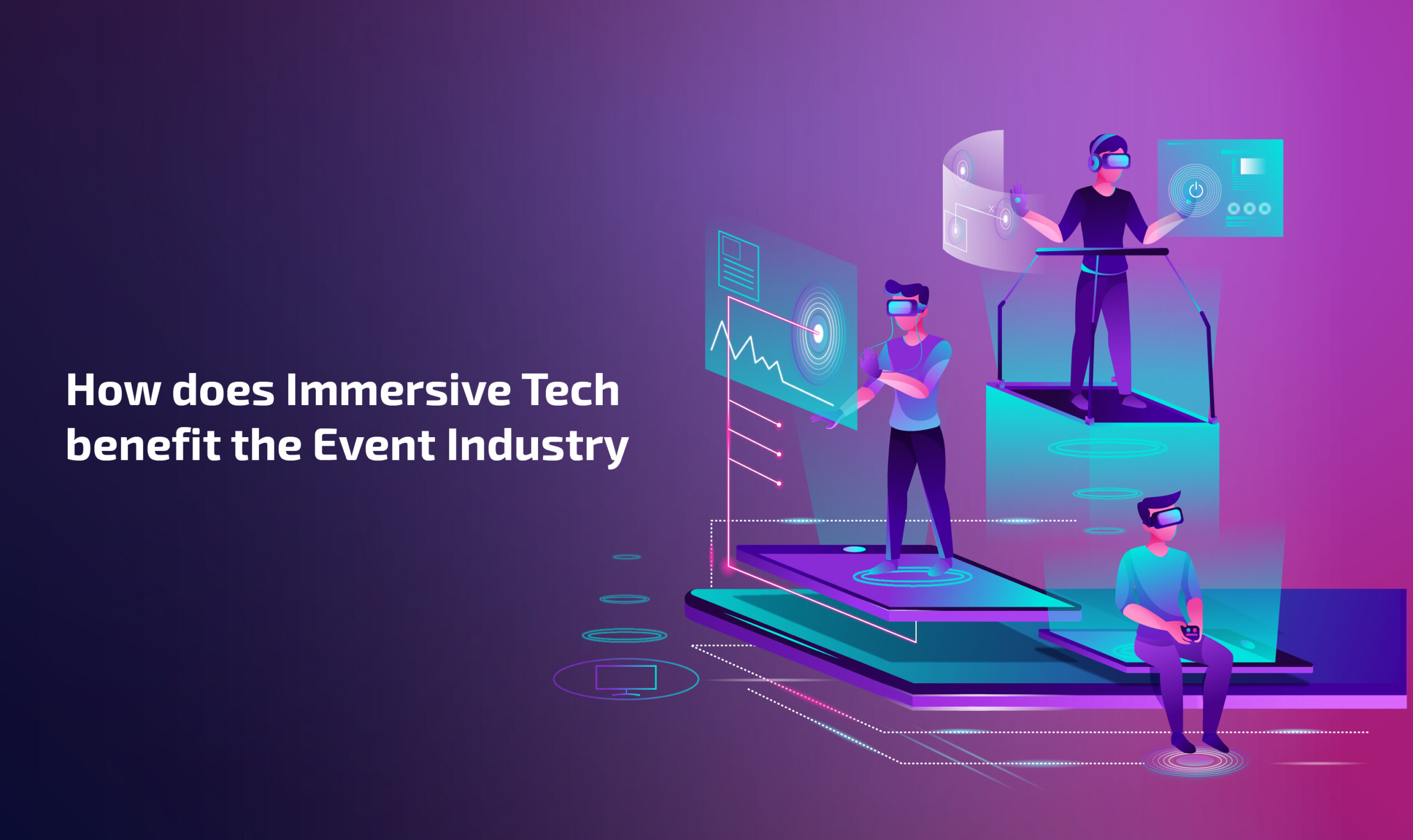
In the ever-evolving digital landscape, a new breed of influencers is captivating audiences and redefining the fashion industry’s norms. These digital personas, known as virtual influencers, are making waves in the metaverse, a vast and immersive virtual world that blurs the lines between reality and fantasy. As fashion brands seek to tap into the lucrative Gen Z market, the rise of these virtual trendsetters presents a unique opportunity to connect with a digitally savvy audience and shape the future of fashion marketing.
The Emergence of Virtual Influencers
Virtual influencers are entirely computer-generated avatars, meticulously crafted with advanced 3D modeling and animation techniques. These digital characters possess distinct personalities, styles, and narratives, captivating audiences with their authenticity and relatability. From Instagram to TikTok and beyond, virtual influencers have amassed millions of followers, proving their influence and resonance with the digital-native Generation Z.
Shaping Fashion Trends in the Metaverse
In the metaverse, virtual influencers are redefining the fashion landscape, serving as trendsetters and catalysts for innovation. Their ability to seamlessly navigate both physical and virtual realms allows them to showcase and promote clothing lines, accessories, and fashion trends in unique and engaging ways.
One of the key advantages of virtual influencers is their ability to transcend the limitations of the physical world. They can effortlessly alter their appearances, experiment with daring styles, and even defy the laws of physics, enabling fashion brands to push the boundaries of creativity and imagination.
Moreover, virtual influencers are particularly adept at connecting with Gen Z audiences, who are deeply immersed in digital culture and seek authentic, relatable experiences. By embracing virtual influencers, fashion brands can tap into this demographic’s preferences, fostering brand loyalty and driving engagement.
Benefits for Fashion Brands
- Increased Brand Visibility: Virtual influencers offer fashion brands a powerful platform to reach a vast, global audience. Their digital presence and ability to seamlessly navigate virtual and physical spaces allow brands to amplify their marketing efforts and gain widespread visibility.
- Innovative Product Promotion: With virtual influencers, fashion brands can explore innovative and immersive ways to showcase their products. From virtual fashion shows and digital storefronts to VR-based try-on experiences, the possibilities are endless.
- Authentic Connections: Virtual influencers possess the ability to foster authentic connections with their followers, thanks to their carefully crafted personas and narratives. This authenticity resonates with Gen Z audiences, who value genuine and transparent relationships with brands.
- Cost-Effective Marketing: Compared to traditional influencer marketing campaigns, virtual influencers offer a cost-effective alternative. Fashion brands can leverage their digital presence without the logistical challenges and expenses associated with real-life influencers.
- Data-Driven Insights: Virtual influencers generate valuable data insights, enabling fashion brands to better understand their target audiences, preferences, and engagement patterns. This data can inform future marketing strategies and product development efforts.
The Fashion Industry’s Embrace of Virtual Influencers
As the metaverse continues to gain traction, fashion brands are recognizing the immense potential of virtual influencers. Major players in the industry, such as Prada, Balmain, and Calvin Klein, have already partnered with virtual influencers, leveraging their digital presence to promote collections, collaborate on campaigns, and engage with Gen Z consumers.
These collaborations not only showcase the brands’ innovative spirit but also demonstrate their commitment to staying relevant and connected with their target audiences in the digital age.
The Future of Virtual Influencers and Fashion Marketing
As virtual influencers continue to gain popularity and the metaverse expands, the fashion industry’s marketing strategies will inevitably evolve. Immersive technologies like metaverse and virtual reality (VR) will play a pivotal role, enabling brands to create fully immersive shopping experiences, virtual fitting rooms, and even virtual fashion shows.
Moreover, the integration of blockchain technology and non-fungible tokens (NFTs) will open up new revenue streams for fashion brands, allowing them to sell digital fashion items and virtual wearables to their metaverse-dwelling audiences.
To stay ahead of the curve, fashion brands must embrace a forward-thinking mindset and invest in virtual influencer marketing strategies. Partnering with experienced metaverse development companies and leveraging cutting-edge technologies will be crucial in creating captivating and engaging experiences that resonate with Gen Z and future generations.
In the age of the metaverse, the rise of virtual influencers represents a seismic shift in the fashion industry’s marketing landscape. These digital trendsetters are not only shaping fashion trends but also redefining the way brands connect with their audiences. As the boundaries between the physical and virtual worlds continue to blur, fashion brands that embrace this new frontier will undoubtedly gain a competitive edge, fostering brand loyalty, driving innovation, and captivating the imaginations of consumers in ways never before possible.








